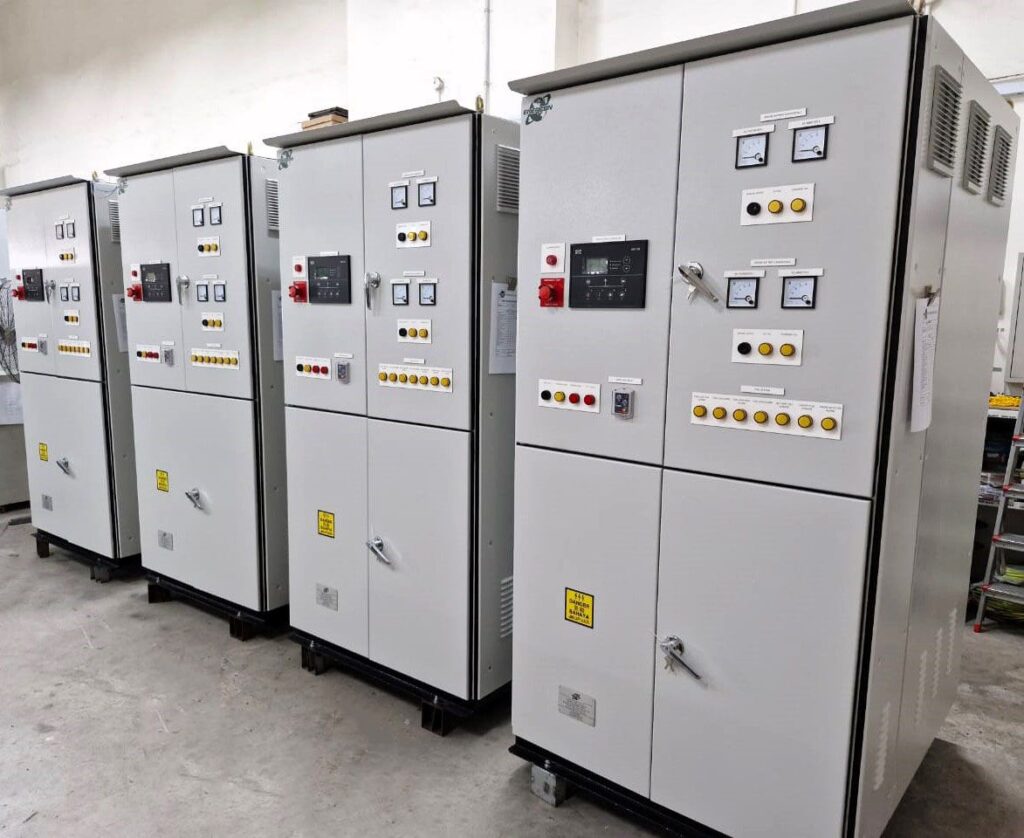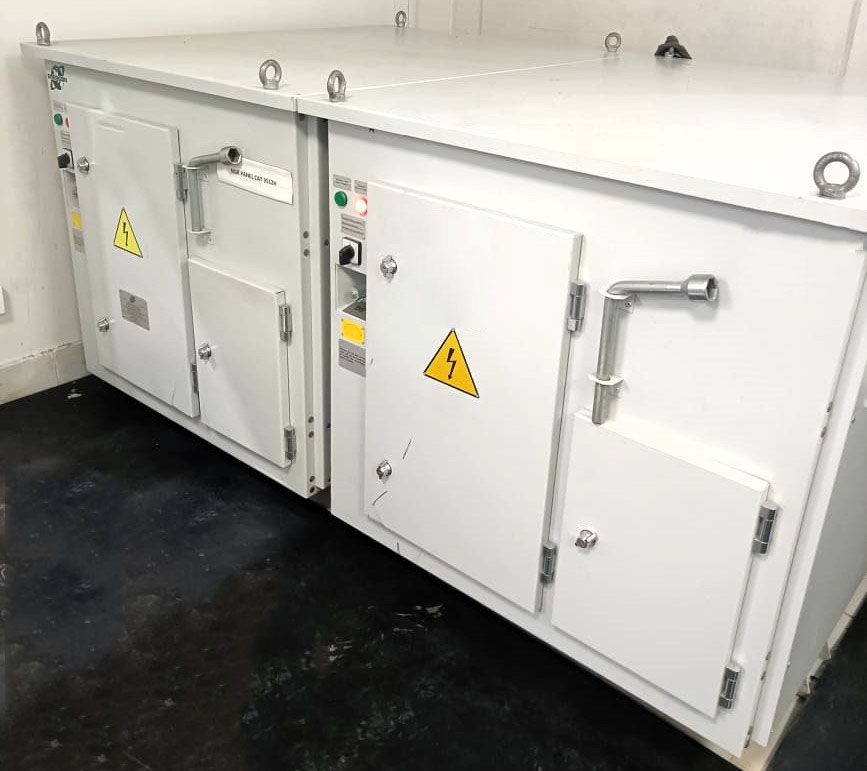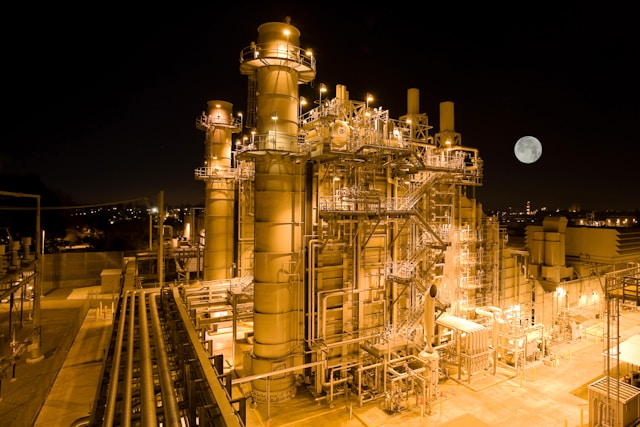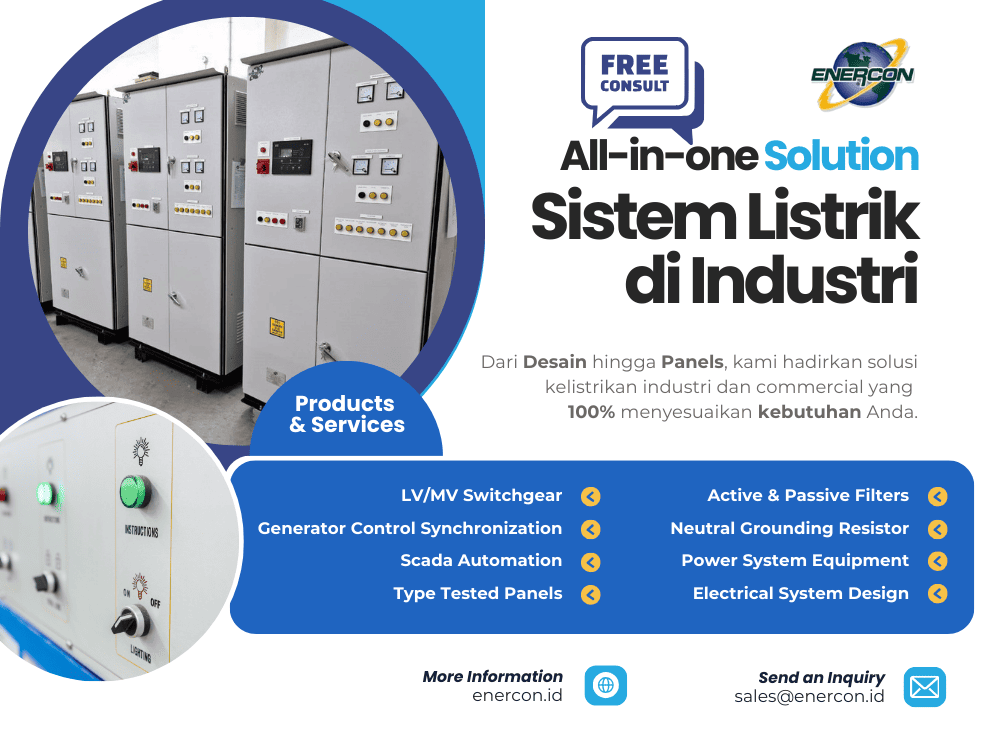Managing energy use is essential for facilities that want to improve efficiency and lower costs. Energy commissioning is a process that helps achieve these goals. It involves assessing and optimizing energy systems to ensure they work effectively.
In this article, we will outline the key benefits of energy commissioning.
These include better energy efficiency, increased comfort for occupants, and positive environmental impacts. We will also discuss how energy commissioning helps meet industry standards and increases the value of a building.
Let’s explore the important role of energy commissioning in facility management.
8 Energy Commissioning Benefits for Business
1. Improved Energy Efficiency
Energy commissioning significantly enhances energy efficiency in buildings and facilities. The process begins with a thorough assessment of existing energy systems. This assessment identifies inefficiencies, such as equipment that is not operating correctly or systems that are not properly balanced.
By addressing these inefficiencies, energy commissioning helps reduce energy consumption. For example, a building may have outdated HVAC systems that consume more energy than necessary. Through commissioning, these systems can be optimized to operate more efficiently, leading to lower energy use.
The impact of improved energy efficiency is substantial. Facilities that undergo energy commissioning often see a reduction in their energy bills. This not only saves money but also reduces the overall demand for energy, contributing to a more sustainable environment.
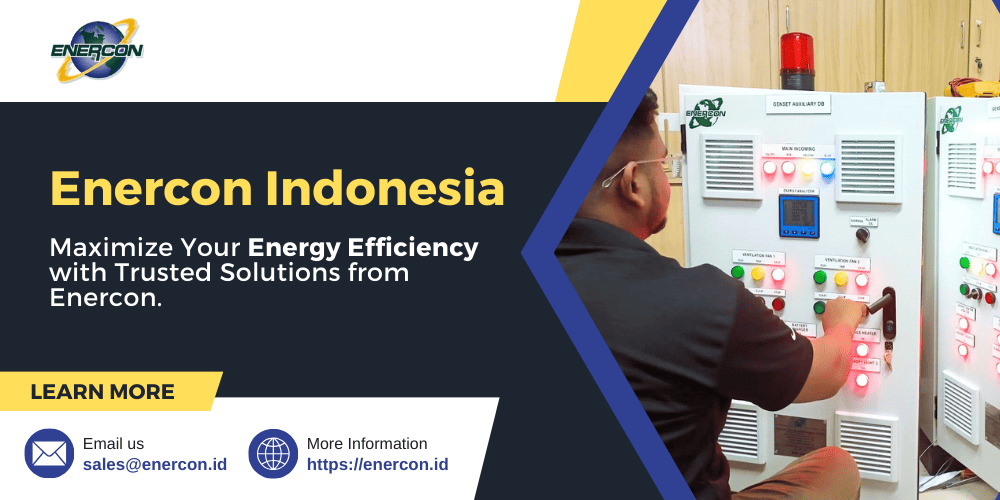
Read: Why Your Business Needs Energy-Efficient Motors for HVAC Systems?
2. Cost Savings
One of the most compelling benefits of energy commissioning is the potential for significant cost savings. By improving energy efficiency, facilities can lower their utility bills. This reduction in energy consumption translates directly into financial savings.
For instance, a facility that implements energy commissioning may reduce its energy costs by 10% to 30%. These savings can accumulate over time, leading to a substantial return on investment. In many cases, the cost of commissioning is quickly offset by the savings achieved.
Additionally, energy commissioning can extend the lifespan of equipment. When systems operate efficiently, they experience less wear and tear, reducing maintenance costs and the need for premature replacements. This further contributes to overall cost savings for the facility.
Energy commissioning not only enhances energy efficiency but also provides tangible financial benefits, making it a wise investment for any facility.
Read: Commercial Renewable Energy: A Guide for Business
3. Enhanced System Performance

Energy commissioning plays a crucial role in enhancing the performance of energy systems within a facility. The commissioning process involves a detailed evaluation of all energy systems, ensuring they operate as intended. This includes checking the calibration of equipment, verifying control sequences, and ensuring proper system integration.
When systems are optimized through commissioning, they perform more reliably. For example, a well-commissioned HVAC system will maintain consistent temperatures and humidity levels, improving overall comfort for occupants. This reliability reduces the likelihood of system failures and the associated costs of emergency repairs.
Moreover, enhanced system performance leads to better energy management. Facilities can monitor energy use more effectively, allowing for timely adjustments and improvements. This proactive approach not only maintains optimal performance but also supports long-term sustainability goals.
Energy commissioning significantly improves system performance, leading to reliable operation and better energy management for facilities.
Read: How to Reduce Harmonic Distortion in Industrial Power Systems
4. Increased Comfort
Energy commissioning directly contributes to increased comfort within buildings and facilities. A key aspect of this process is ensuring that heating, cooling, and ventilation systems operate efficiently and effectively. When these systems are properly commissioned, they provide consistent indoor conditions, which are essential for occupant comfort.
For instance, a well-commissioned HVAC system maintains stable temperatures and adequate airflow throughout the space. This prevents hot or cold spots, ensuring that all areas of the building are comfortable for occupants. Additionally, proper ventilation helps maintain indoor air quality, reducing the risk of discomfort caused by stale air or pollutants.
Increased comfort not only enhances the experience for occupants but also boosts productivity. When people feel comfortable in their environment, they are more likely to focus on their tasks and perform better. This is particularly important in workplaces, where comfort can significantly impact employee satisfaction and efficiency.
Energy commissioning enhances occupant comfort by ensuring that energy systems operate optimally, leading to stable indoor conditions and improved air quality.
5. Environmental Benefits
Energy commissioning offers significant environmental benefits by promoting energy efficiency and reducing overall energy consumption. When facilities optimize their energy systems, they consume less energy, which directly correlates with lower greenhouse gas emissions. This reduction is crucial in the fight against climate change and contributes to a healthier planet.
For example, a facility that undergoes energy commissioning may decrease its carbon footprint by using less fossil fuel-based energy. This not only helps the environment but also aligns with global sustainability goals. Many organizations are now prioritizing sustainability, and energy commissioning is a practical step toward achieving these objectives.
Additionally, by improving energy efficiency, facilities can reduce their reliance on non-renewable energy sources. This shift supports the transition to cleaner energy alternatives, further benefiting the environment.
Energy commissioning plays a vital role in enhancing environmental sustainability by reducing energy consumption and emissions, making it an essential practice for responsible facility management.
Read: Benefits of Solar EPC Services for Commercial Buildings
6. Compliance with Standards
Energy commissioning helps facilities comply with local and national energy codes and regulations. These standards are designed to promote energy efficiency and ensure that buildings operate safely and sustainably. By following these guidelines, facilities can avoid potential fines and legal issues.
During the commissioning process, energy systems are evaluated against these standards. This includes checking that equipment meets efficiency ratings and that systems are installed and functioning according to regulatory requirements. Proper commissioning ensures that all aspects of energy use are compliant, providing peace of mind for facility managers.
Moreover, compliance with energy standards can enhance a facility’s reputation. Organizations that prioritize energy efficiency and sustainability are often viewed more favorably by clients, tenants, and the community. This positive perception can lead to increased business opportunities and partnerships.
Energy commissioning is essential for ensuring compliance with energy standards, helping facilities avoid penalties and enhance their reputation in the market.
7. Better Data for Decision-Making
Energy commissioning provides valuable data that aids in informed decision-making for facility managers. During the commissioning process, detailed assessments and measurements of energy systems are conducted. This data reveals how systems perform under various conditions and identifies areas for improvement.
With this information, facility managers can make strategic decisions about energy use and system upgrades. For example, if data shows that certain equipment is underperforming, managers can prioritize its replacement or repair. This proactive approach helps optimize energy efficiency and reduce costs over time.
Additionally, the data collected during commissioning can inform future energy projects. By understanding current energy consumption patterns, managers can plan for upgrades that align with efficiency goals. This data-driven approach ensures that investments in energy systems yield the best possible returns.
Energy commissioning equips facility managers with critical data that enhances decision-making, leading to improved energy management and operational efficiency.
8. Enhanced Building Value
Energy commissioning significantly enhances the value of a building or facility. As energy efficiency becomes increasingly important to buyers and tenants, properties that have undergone commissioning are often more attractive in the real estate market.
Buildings with optimized energy systems typically have lower operating costs, which is a key selling point. Potential buyers or tenants are more likely to invest in properties that promise reduced utility expenses and improved comfort. This can lead to higher occupancy rates and rental prices, ultimately increasing the overall value of the property.
Moreover, energy-efficient buildings often qualify for various certifications, such as LEED (Leadership in Energy and Environmental Design). These certifications not only enhance a building’s marketability but also demonstrate a commitment to sustainability, appealing to environmentally conscious consumers.
Energy commissioning not only improves operational efficiency but also enhances the market value of buildings, making them more desirable to potential buyers and tenants.
Conclusion
In conclusion, energy commissioning provides many benefits for facilities. It improves energy efficiency, reduces costs, and enhances occupant comfort. This process also supports compliance with energy standards and increases the value of buildings.
Investing in energy commissioning is a practical step for facilities aiming to operate more efficiently and sustainably. By implementing energy commissioning, organizations can achieve better energy management and contribute to a more sustainable future.


